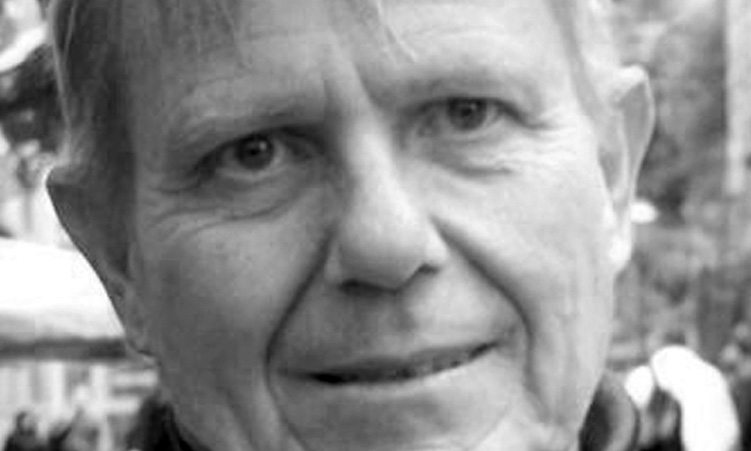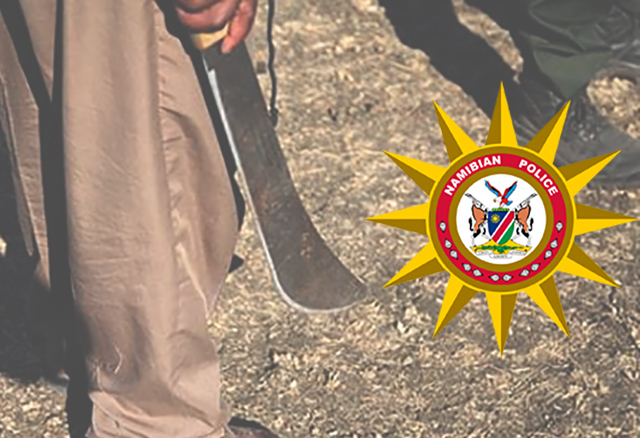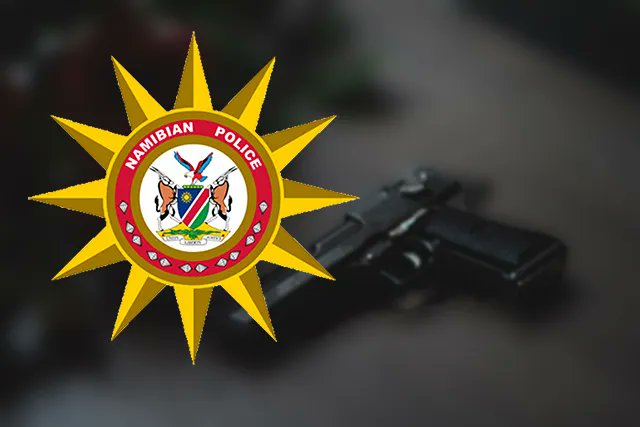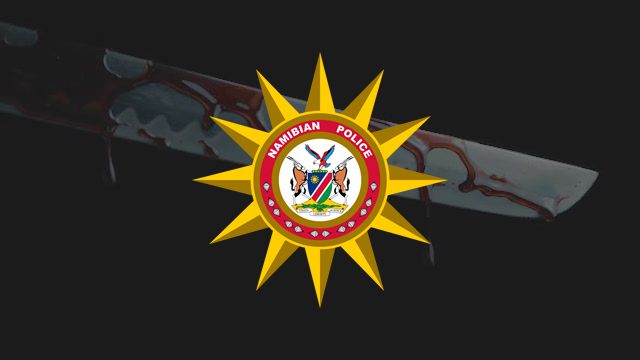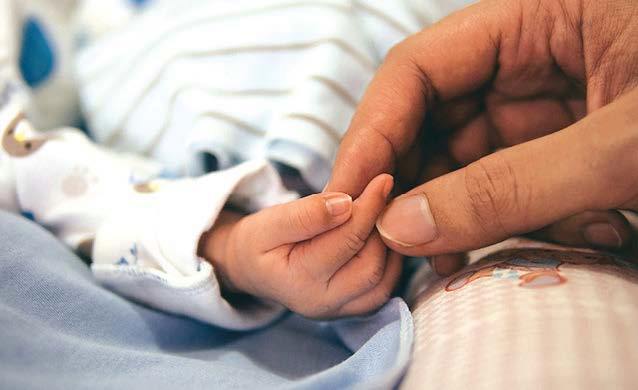What is the Forum of German-speaking Namibians actually saying in their ‘Position on the 120th Anniversary of the Extermination Order of Lieutenant General Lothar von Trotha on 2 October 1904’?
What is it? A press release, an opinion piece maybe, some piece of smooth-talking self-assurance?
Who are the addressees, the audience?
Is the intention of this screed to say something by not saying it (that would be the generous assumption), or worse, is it an unconscionable attempt at junking an issue considered by many Namibians as THE most important historical event under consideration at the moment?
Indeed, it is tricky to respond to this quite enraging, if not slick, statement as so many things remain unsaid – things this author expected to be considered worthy to be brought up if Von Trotha’s infamous shoot-to-kill order is the topic.
THE ‘UNSAID’
What, therefore, are the topics that are not named?
The genocide, reparations, colonialism as a crime against humanity, NamGerman non-self-positioning as the descendants of the perpetrators of 120 years ago; the rather brazen, if unstated implication that the German taxpayer should entirely shoulder what is anyway considered to be a mere pittance?
Tossing the joint declaration between Germany and Namibia as “so-called”?
And, most importantly, I cannot see any honest attempt to broach what is the most pressing issue: RECONCILIATION.
I say “honest approach” with an emphasis on the word HONEST.
Here I am speaking as a professional historian and as someone rooted in the ethics of Christianity.
I base my argument on this important, if not the most important, tenet of both history and Christianity: Honesty, truthfulness.
Impeccable historical scholarship has as its main principle the obligation to be true to its sources, absolutely.
Researching, writing and talking history can only happen on the basis of what can be evidenced, backed up by hard data from credible sources.
Regrettably, this deeply honest methodological principle is not heeded in most Namibian discussions of the country’s past.
Yet, such honesty should be the main critical ingredient for any serious attempt at reconciliation over contentious and divisive historical issues.
It is the single most important aspect upon which any relationship – whether between lovers, in families, among social and ethnic groups, in organisations, and between nations – can be built and thrive.
THE ‘UNSEEN’
In light of this, here is what oozes from the ‘position’, making an objection essential and imperative: The Namibian German Gemeinschaft (community), implored ad nauseam, does not want to be associated with any of the colonial atrocities committed by their forebears who, at the same time, are summoned whenever the still sizeable German presence in Namibia is critically discussed.
The OvaNdoitji collective is implored or rejected depending on when it is expedient and when considered necessary.
There is no way that the Namibian past can continue to be rewritten as an attempt to make ‘us’ look better, as is evidenced in NamGerman historical faux-scholarship.
In our case, historical accuracy, in general honesty, encompasses an unfiltered look at our past – there is no specific German past, or OvaHerero, or Nama past in Namibia for that matter – and requires candid truthfulness.
If you don’t want to use the term genocide – for whatever legalistic reason – at least acknowledge that what played out, committed by German soldiery in Omaheke, can safely be termed genocidal.
In that way, you can get around a legal term you might find problematic.
In doing as suggested, you would at least admit the crimes committed against and the ordeal visited upon OvaHerero and OvaMbanderu, later befalling Nama, and others caught up in the situation.
SLIPSHOD, IMPRECISE AND UNGRACIOUS
One may want to add this: No other nation has embraced its totalitarian past with more honesty than the German nation.
Why is it still such an absurd proposition to expect this from NamGermans, and of course all other Namibians as well?
If the forum was serious, more effort would have been made in the wording of this text.
As it stands, it is merely a slipshod translation of a discursively imprecise German original only, denigrating, ungraciously, the gravity attributed by Namibians of all walks of life to an important, if not the most important, event in Namibian history.
Really, I mean. Namibians deserve better than a mere ‘position’.
- * Wolfram Hartmann is a historian and author with a PhD in African history from Columbia University.
Stay informed with The Namibian – your source for credible journalism. Get in-depth reporting and opinions for
only N$85 a month. Invest in journalism, invest in democracy –
Subscribe Now!



